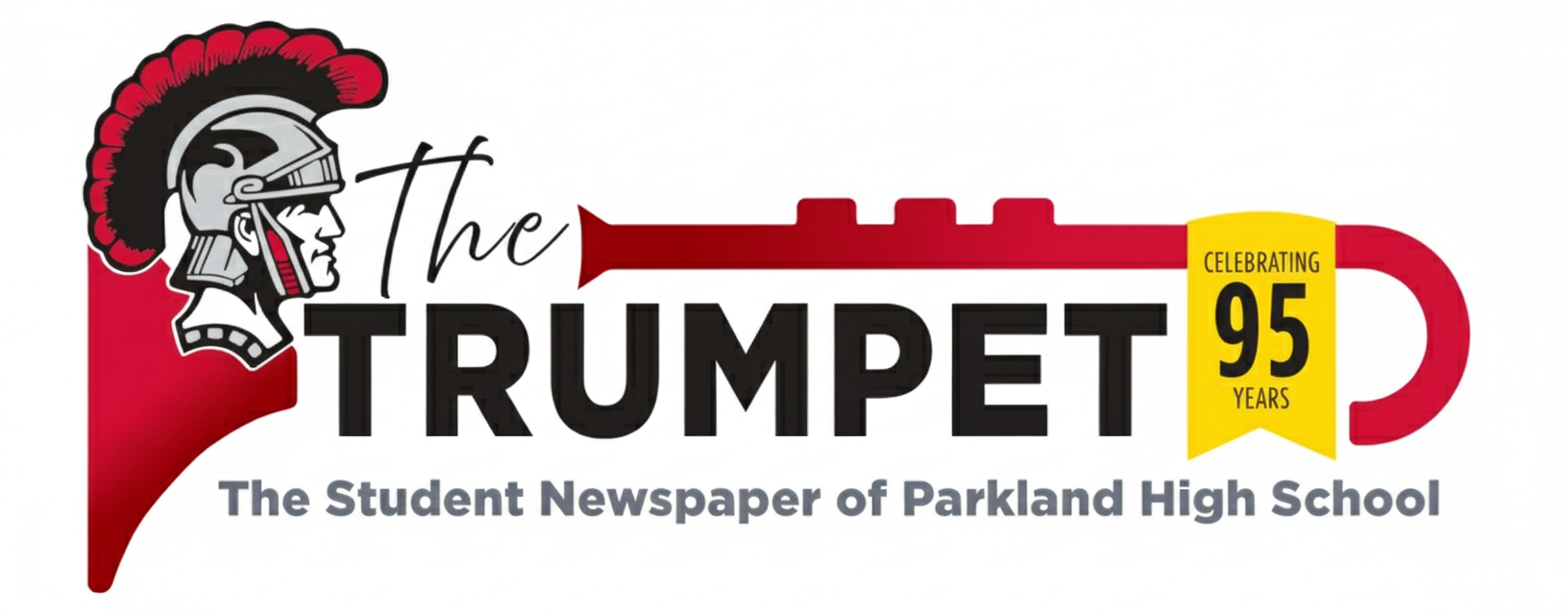On March 24th, I walked into newspaper class with my friend and saw confetti on the floor. I instantly realized that the Par Key must have finalized the yearbook. The rest of the class had not arrived yet, and when the next two staff writers showed up, I told them that it was my friend’s (it wasn’t) . They originally believed it, but soon realized that it was a joke. However, they did agree to tell the rest of the class that the confetti was because it was my friend’s birthday. Within minutes, the rest of the class had arrived, and was wishing my friend a Happy Birthday, even after he denied it was his birthday (which, to be fair, it wasn’t). This prank, while funny, would have been better suited to have taken place one week later. Why is that? Next Monday will be April Fools Day!
April Fools Day is traditionally a day of pranks. Friends and family play practical jokes on each other and trick them into believing false realities. When did this duplicitous day come into creation? Some historians pinpoint the origin of April Fool’s Day to 1582 in France. When France switched from the Julian to Gregorian calendar, the New Year was moved forward by three months. However, some people, unaware of the calendar change, celebrated New Year’s Day on April 1st!
“I like April Fools because I like watching other people get pranked,” Andrew Song (12) said. Unfortunately for Song, he does not get a spectating opportunity among his friends. “My friends aren’t that prank inclined,” Song said.
If your friends are prank inclined, however, be vigilant about any news they tell you or things they tell you to do. If you are planning pranks, make sure that they do not endanger anyone’s safety nor cause actual harm to others. Otherwise, April Fools!









